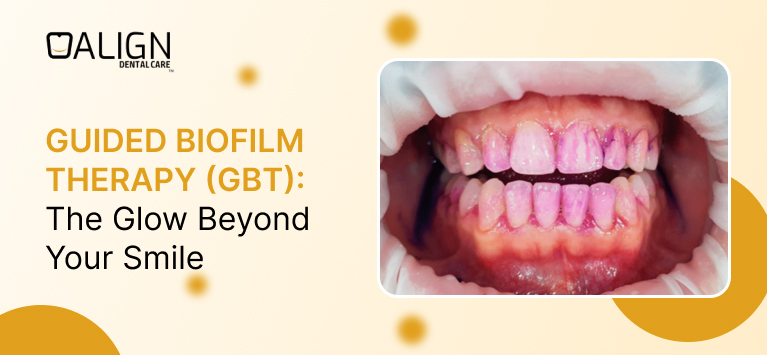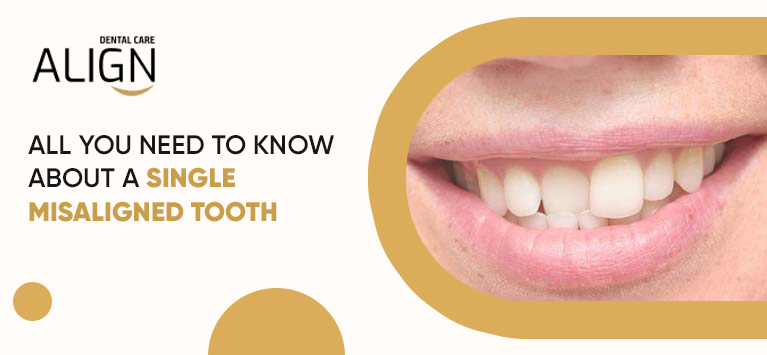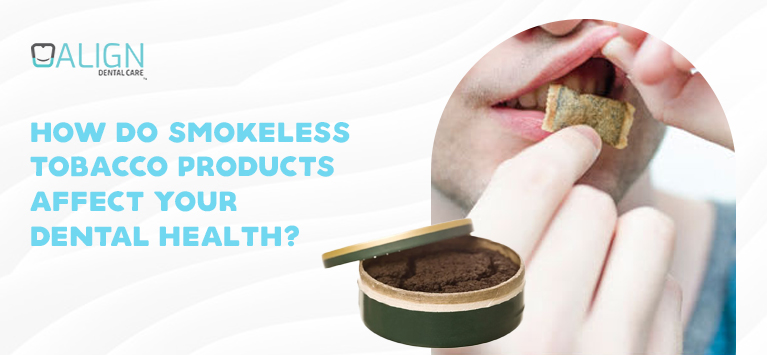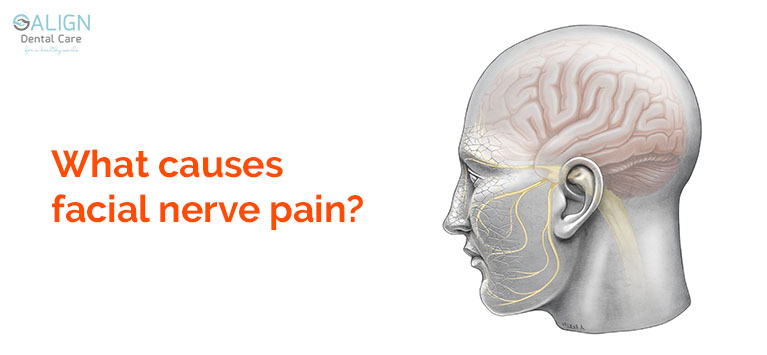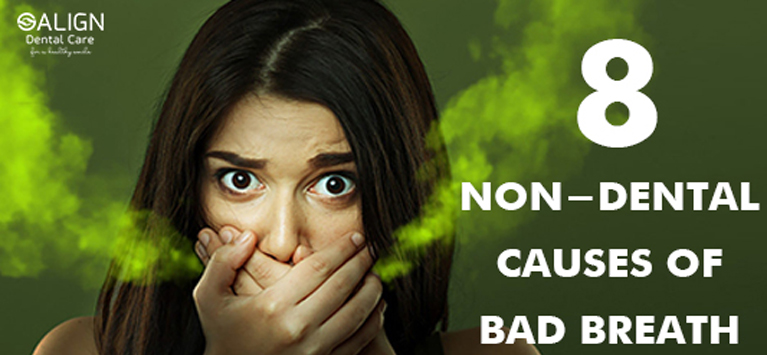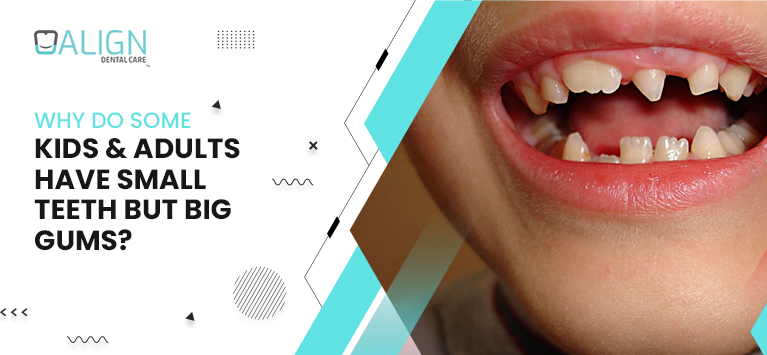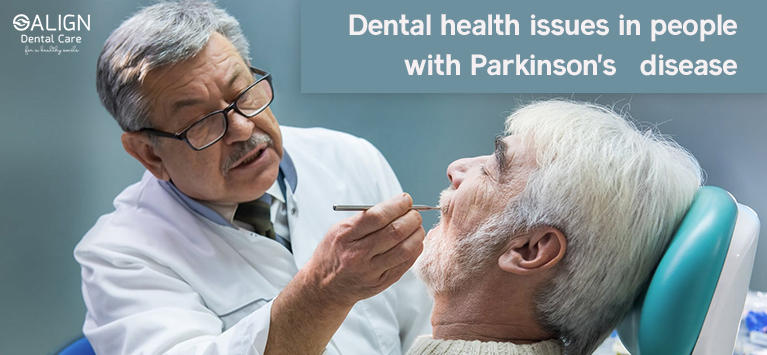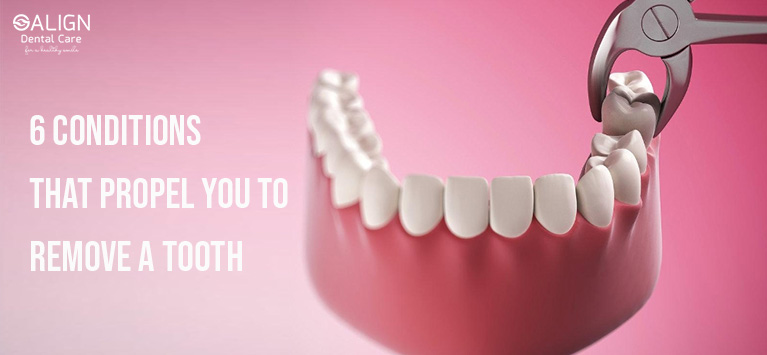
All you need to know about Teeth Scaling
For people suffering from gum disease, scaling is a common procedure undertaken by many that helps in removing the excess plaque from your mouth. What differentiates it from a teeth whitening procedure is that it is a lot more comprehensive in removing plaque and tartar.
Your dentist might recommend this procedure if you have gum disease, which basically causes the inflammation of your gums and affects your teeth and the tissue around it. The main reason for a gum disease is the presence of plaque and bacteria.
And scaling of the teeth is a procedure that aids greatly in reversing periodontal disease by getting rid of the acids and the bacteria that proliferate in the oral region.
Table of Contents
Side effects of tooth scaling:
Whilst there is no major side effects per se if the tooth scaling is done properly, your mouth would be quite sensitive after the procedure. It is also essential that you take care of your oral region by brushing and flossing properly after the procedure.
In rare cases, when the procedure is not done correctly, excessive scaling might result in the following:
- Loss of tooth enamel
- Swelling of the teeth and gums
- Mild bleeding
- Possible fever
But fret not. Dental scaling would mostly not result in any repercussions. It is also important to remember that dental scaling is a common procedure and is something that a dentist would recommend to many people showing signs of periodontal disease.
You might also need more than one appointment to complete the procedure, which is usually done in an out-patient basis with or without anaesthesia depending on the circumstances.
When to undertake a tooth scaling procedure?
Scaling must be undertaken if there is a buildup of plaque and tartar. This plaque may cause further issues down the lane and hence needs to be removed as soon as possible.
Whilst healthy gums can stave off the plaque, the accumulation of plaque will only worsen the health of the gums and it is vital that you undertake the procedure if the plaque is several mm thick. Your dental doctor would be better able to advise you on what needs to be done if you suffer from the presence of plaque and tartar.
Meeting the dentist
Your dentist would be using an instrument to probe the oral region. He/she would look for pockets in your mouth where bacteria has accumulated and if the pockets/depth of the gum tissue is greater than 4/5 mm, would recommend either a scaling or a root cleaning procedure.
Your dentist might also use an ultrasonic equipment to probe your mouth to understand the situation better. Root cleaning is usually accompanied by the scaling procedure.
The accumulation of bacteria is usually removed after the procedure and your oral health should see an improvement over the next couple of months if you are maintaining a good oral hygiene. Make sure you use a toothpaste that is good for sensitive teeth.
Follow-up visits with your dentist are also important to understand how the treatment went and for maintaining good oral health.
After the procedure
- Do not eat anything until the anaesthesia wears off.
- Painkillers like Ibuprofen can be taken if pain persists.
- If swelling exists, use an ice pack or apply pressure in the affected region.
- Avoid crunchy and acidic food immediately after the surgery. Smoking also should be avoided till atleast 2 weeks after the procedure.







